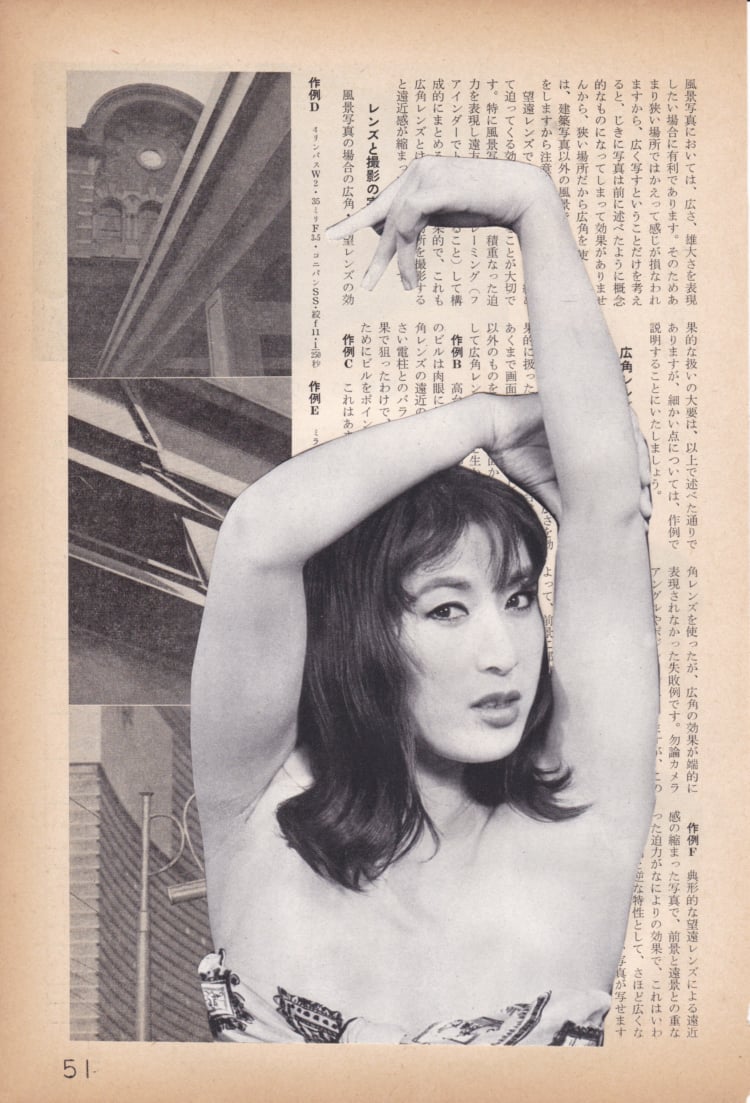

In 1960, Guttmann facilitated the International Stoke Mandeville Games, following the 1960 Summer Olympics, the first of many Paralympic Games. Later called the “Stoke Mandeville Games” or the “Olympics for the Disabled,” the competition demonstrated the power of elite sport to break down barriers for disability and garnered the attention of global medical and sporting communities. In 1948, he organized a 16-person archery contest, one of the first official competitive sporting events for wheelchair users. In 1944, he put his innovative approach into practice as the director of the National Spinal Injuries Center at Stoke Mandeville Hospital. In England, Guttmann advanced his research in paraplegia. Following Kristallnacht in 1938 and the increasing persecution of Jews in Germany, Guttmann was forced to leave Germany with his family and was able to escape to England in 1939. However, with the rise of the Nazi party and the passing of the Nuremberg Laws in 1933, Guttmann was prevented from practising medicine professionally. He subsequently began research on spinal cord injuries and performed several neurosurgical procedures, rising to prominence as one of Germany’s top neurosurgeons by his early thirties.

Guttmann was born in Tost, Germany (now Toszek, Poland) on this day in 1899 and went on to receive his M.D. Today’s Doodle, illustrated by Baltimore-based guest artist Ashanti Fortson, celebrates the 122nd birthday of Jewish, German-born British neurologist Professor Sir Ludwig “Poppa” Guttmann, founder of the Paralympic movement.


 0 kommentar(er)
0 kommentar(er)
